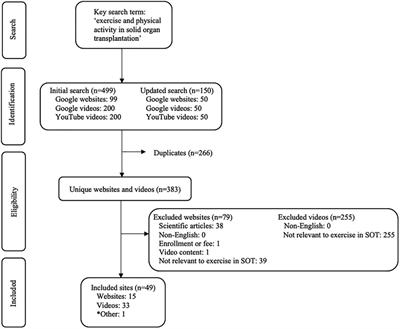EDITORIAL
Accepted on 07 Feb 2025
Editorial: Exercise and Transplant Sport -The journey to a more active life 1 2
doi 10.3389/fspor.2025.1564320
1,389
Total downloads
6,137
Total views and downloads
You will be redirected to our submission process.
EDITORIAL
Accepted on 07 Feb 2025
ORIGINAL RESEARCH
Published on 29 Nov 2024
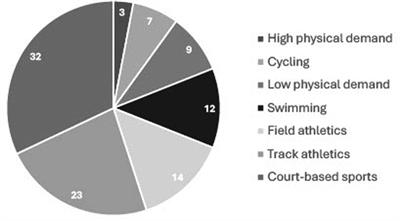
REVIEW
Published on 24 Sep 2024
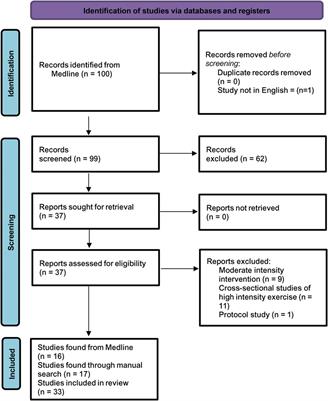
ORIGINAL RESEARCH
Published on 03 Sep 2024
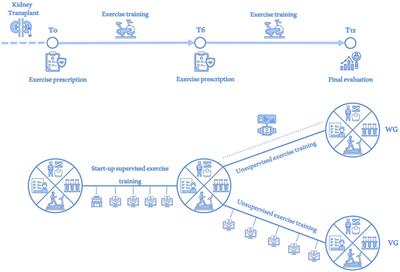
PERSPECTIVE
Published on 04 Jul 2024
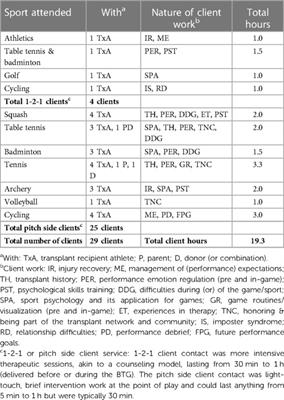
ORIGINAL RESEARCH
Published on 30 Apr 2024
